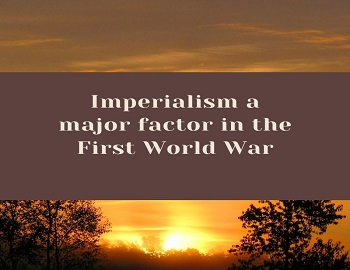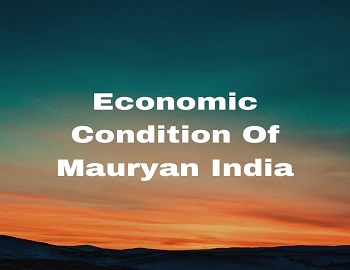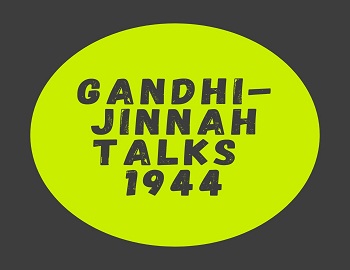Communal Award and Poona Pact:
The second Round Table Conference having failed to resolve the questions of electoral representation to different religious communities and the depressed classes, authorized the British Prime Minister to resolve it. Accordingly, Prime Minister Ramsay Macdonald announced his “Communal Award” on August 16, 1932. According to this Award the Muslim, European, and Sikh voters would elect their candidates by voting in separate communal electorates. There was also provision for separate electorates for the Depressed Classes, officially described as Scheduled Castes, as a separate community. Macdonald, however, promised to accept any alternative scheme mutually agreed upon by the Hinduys and the Depressed Classes.
Gandhi’s Fast unto Death and Poona Pact (September 25, 1932):
At the Round Table Conference, Mahtam Gandhi had strenuously opposed the idea of a separate electorate for Depressed Classes and had declared that he would resist it with his life. True to his resolve Gandhiji wrote to the British Prime Minister on August 18, 1932, that he would commence the fast on September 20 in the Yervada prison, where he was lodged, and it would cease only if the scheme was reviewed and the common electorate restored.
Poona Pact:
Gandhiji’s fast caused great alarm and anxiety all over the country and Pandit Madan Mohan Malaviya summoned a conference of various castes and political parties, including Dr. B. R. Ambedkar, the leader of the Depressed Classes League. The conference finally arrived at an agreement in Poona on September 25, 1932, the sixth day of Gandhiji’s fast. A common electorate of all the Hindus was agreed upon, subject to two conditions: First, 148 seats in different Provincial Legislatures were reserved for the Depressed Classes, in place of 71 as provided in the Communal Award. Secondly, 18 percent of the seats in the Central Legislature were reserved for the Depressed Classes.









Comments (No)